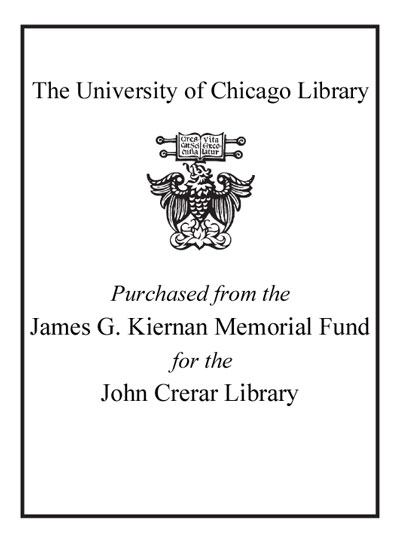Review by Publisher's Weekly Review
Drawing on scores of original interviews and contemporary source material, Hall, a contributing writer and editor at the New York Times Magazine (Invisible Frontiers: The Race to Synthesize a Human Gene), gives a timely and engrossing account of the high-stakes science of life extension. The author kicks off with the ?minence grise of the field, Leonard Hayflick, and his human cell line called WI-38, which opened the gates for biotech research and showed that our cells may have built-in limitations on longevity. His WI-38 strain, taken from aborted fetus cells used to develop a polio vaccine, also became an ethical flash point that, as the author shows, has steered the course of biomedical research in aging, cancer, stem cells and cloning. Here, too, are the repeated rise and fall of entrepreneur Michael West, the idiosyncratic "lapsed creationist, born-again Darwinist," who merges his spiritual belief in immortality with big money science. Hall aims to show how the Clinton administration's decision not to support therapeutic cloning and regenerative medicine represented government held hostage by "heavy-handed, ideological fundamentalism, enforced by anonymous thuggery." The book wraps with President George W. Bush's decision in 2001 to allow stem-cell research to proceed, but only using already existing cell lines. Among Hall's conclusions: distrust of science is the subtext of the debate over embryonic stem cells and research cloning, and regenerative medicine is inevitably yoked to health-care limitations in access, affordability, timeliness and, Hall writes, "simply, good medicine." He says the notion of "victory over mortality" is a canard, but we may be able to slow the aging process. This is top-drawer journalism. Agent, Melanie Jackson. (June 18) (c) Copyright PWxyz, LLC. All rights reserved
(c) Copyright PWxyz, LLC. All rights reserved
Review by Library Journal Review
Hall considers whether medical research will push back death and wipe out little inconveniences like aging. (c) Copyright 2010. Library Journals LLC, a wholly owned subsidiary of Media Source, Inc. No redistribution permitted.
(c) Copyright Library Journals LLC, a wholly owned subsidiary of Media Source, Inc. No redistribution permitted.
Review by Kirkus Book Review
Immortality? Perhaps not, but life extension is already a reality. Science writer Hall (A Commotion in the Blood, 1997, etc.) explores just how much more time we can expect. He begins with Leonard Hayflick, who in the late 1950s found that living cells lose their ability to keep dividing after about 50 generations. There was soon evidence tying this "Hayflick limit" to telomeres, repetitive DNA sequences at the end of chromosomes that grow shorter with each division. On the reasonable theory that preserving these sequences might help stave off senescence, biochemists began searching for the enzyme that creates telomeres. Entrepreneurs were close on their heels, among them Michael West, who has been a highly visible pitchman for the effort to extend human life through biotechnology. His early company, Geron, was founded to explore the potential of telomerase to slow aging; later, the company looked at its application to cancer. When telomere research was slow to bear fruit, West and his colleagues moved on to newer and more promising areas, notably the undifferentiated cells that form early in the growth of an embryo. These stem cells have the ability to mutate into any bodily tissue, from bone to nerve to heart muscle; their potential for medical use may be boundless. But their derivation from embryonic material set off a raging political debate, culminating in the Bush administration's perhaps ill-advised decision to restrict stem-cell research to those lines already in existence as of August 2001. Hall gives the reader a fair summary of the arguments on all sides, while making clear his own view that politicians ought to tread very carefully when intruding into scientific questions that not even the scientists have entirely sorted out. A carefully documented examination of how society deals with life-and-death matters. Copyright ©Kirkus Reviews, used with permission.
Copyright (c) Kirkus Reviews, used with permission.
Review by Publisher's Weekly Review
Review by Library Journal Review
Review by Kirkus Book Review



